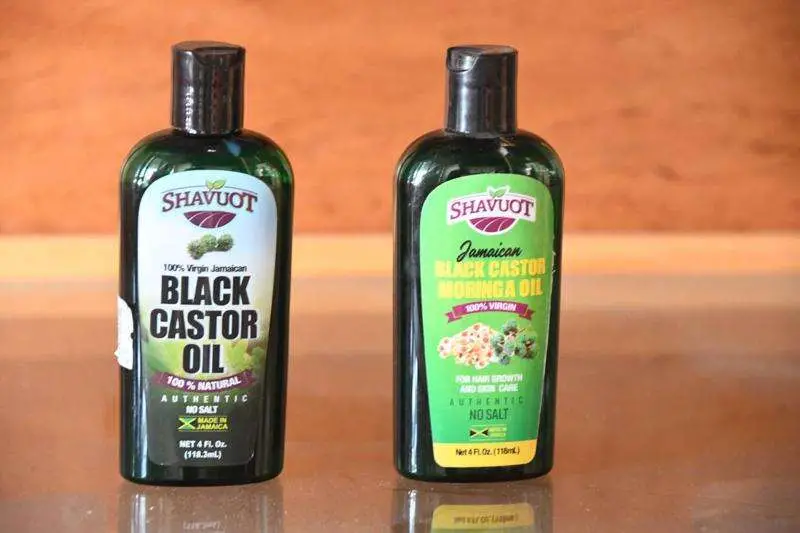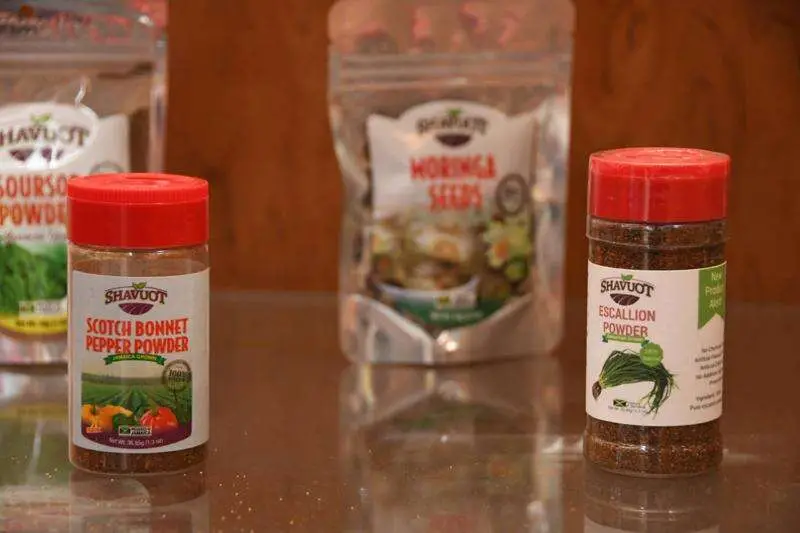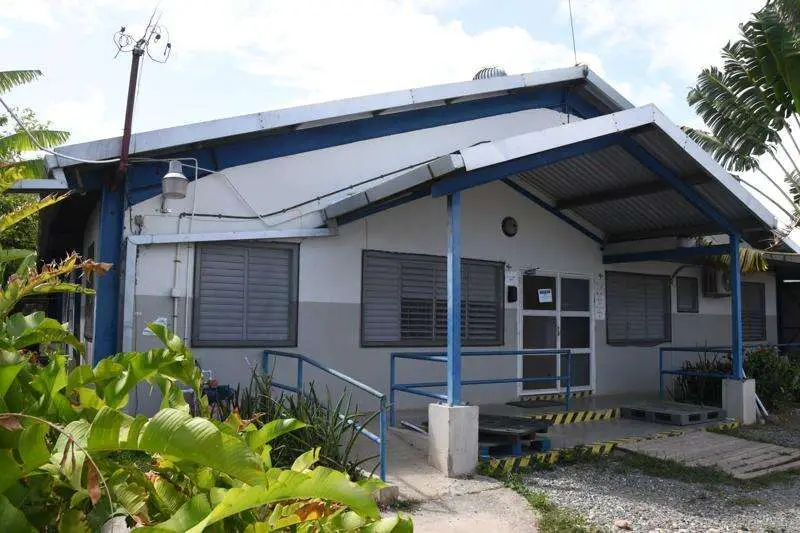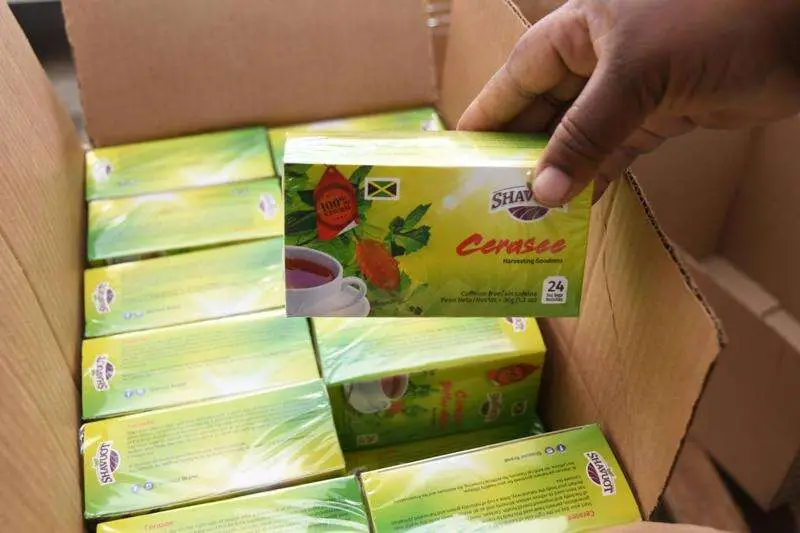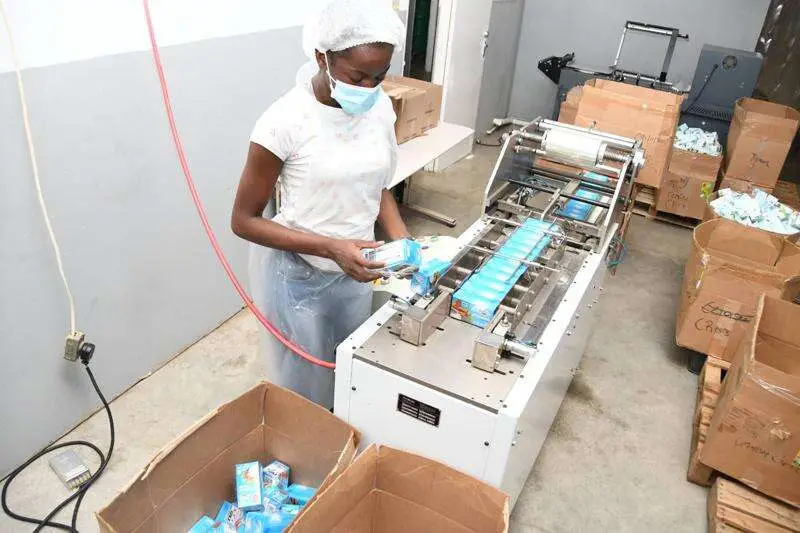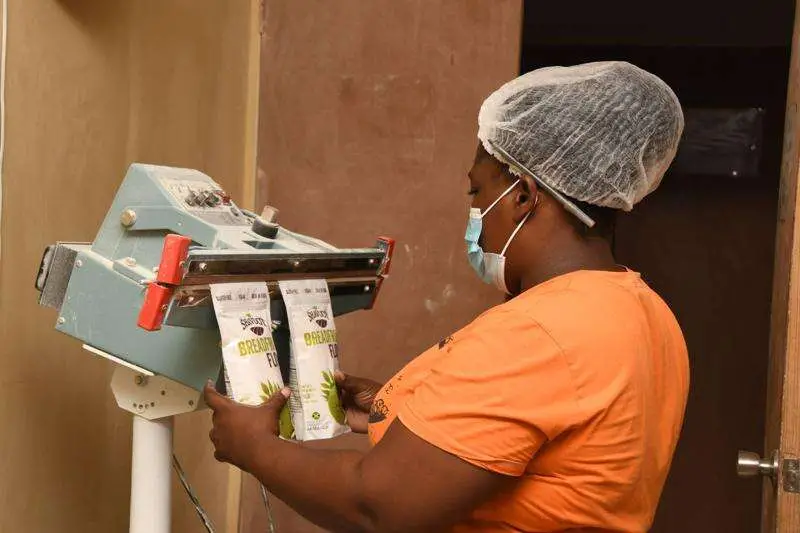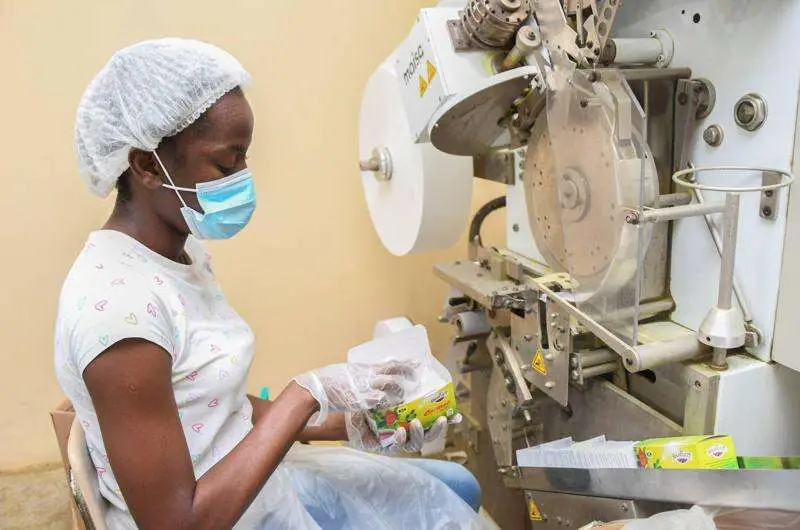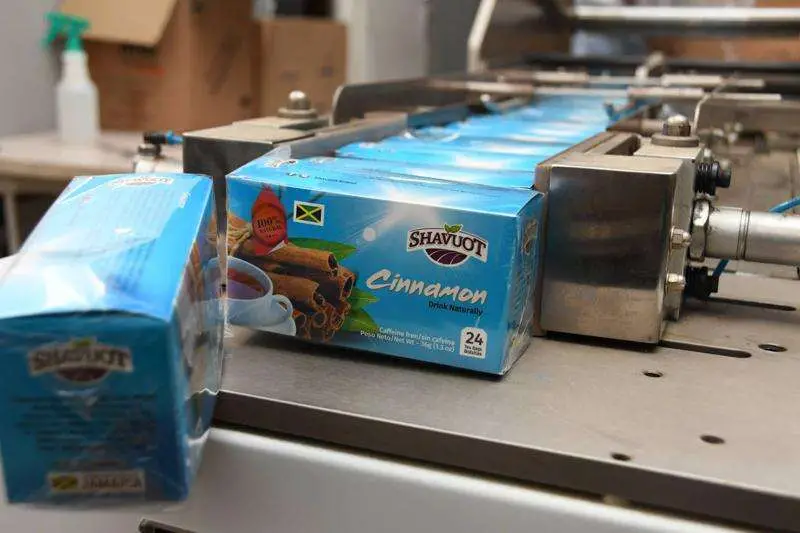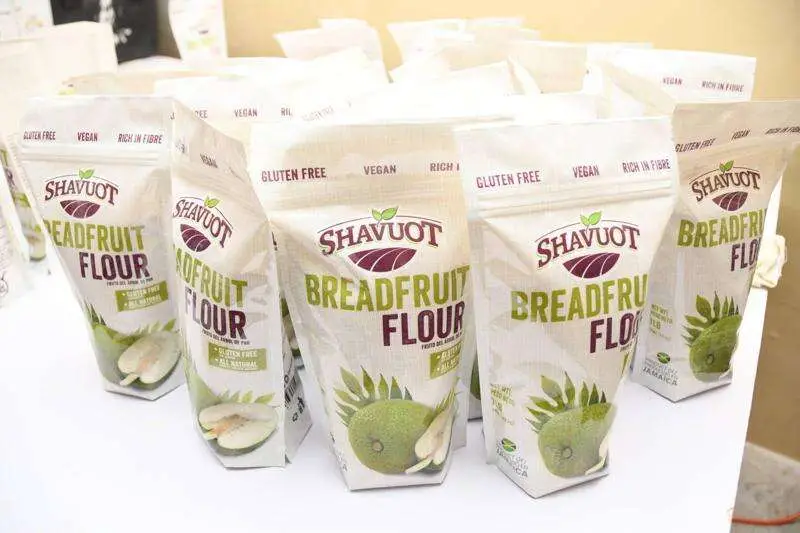
The Shavuot story
“Shavuot Farms is basically from my passion of wanting to buy Jamaican and build Jamaica,” Joel Harris, marketing director at Shavuot International, told the Jamaica Observer as he prepared for the interview for this Corporate Profile.
“My father told me to create a company and I will support you and we started with the farm before going into manufacturing.”
Harris, a soft-spoken unassuming young man who is the face of Shavuot Internationl, said ahead of finding the winning formula with the company he now runs with his father Richard and brother Jordan, he started several businesses in university where he studied marketing and entrepreneurship, but all failed. He was, however, not daunted by that experience.
In 2013, at the same time he was leaving university, his father Richard, who had recently taken early retirement in a redundancy exercise at Jamaica Broilers, planned on going into farming, but his son first went for a summer internship at Jampro.
“I was at Jampro as an intern at the agro-processing and tourism desk, where I learnt about farming practices, investments and potentials,” the younger Harris said.
He told the Business Observer at the time his internship was ending, he was introduced to the ‘Grow What You Eat, Eat What You Grow’ campaign and it spoke to him.
His father at the time was getting ready to start a family farm and had applied for lands in the agro-park at Ebony Park, Clarendon, along with other parcels elsewhere, where the family started out growing various produce such as sweet potatoes, pumpkins, Scotch bonnet peppers, sweet peppers and so on. This was the birth of Shavuot Farms.
“We were supplying local supermarkets and selling also to entities which export Jamaican produce to Canada, the US and the UK,” he added.
In 2014, just a year after starting the farm, Harris said he decided to enter agro-processing. A new entity was created for that venture, Shavuot International, which has since become the holding company for Shavuot Farms and a sister company, Shavuot Foods.
“It was a need for survival,” Harris said of the push to create Shavuot International. Agricultural production in Jamaica faces a host of issues. One, you face market uncertainties ranging from gluts to shortages which affect prices. Another issue we face is unfairness in diaspora markets where distributors push for prices below the cost of production. The logistics involved in sending produce abroad also impacts us. There is wastage and spoilage which distributors used as a tactic to suppress prices and the invoiced amount for the goods.”
“We would agree a price before shipping and when the ship lands, they want a different price.”
Harris said this made planning difficult. “You are left to the elements because there is no differentiation of your agricultural products. A sweet pepper is a sweet pepper and the price is not determined by you because there are so many other farmers growing the produce.”
Issues with praedial larceny and the burning of the farm also pushed the decision to go into manufacturing.
“Seeing those issues, I spoke to my father about going into manufacturing because we needed to address four issues: the shelf life of the produce, being able to determine our own prices and we also wanted stability in the prices in ensuring that the price we agreed before a shipment is the price that will be paid when the goods are received by the distributors abroad. We just didn’t have that when we were selling raw agricultural produce. The fourth problem we had to deal with is praedial larceny and we did that by choosing produce which people are less interested in stealing.”
Harris said with that in mind, he started to brainstorm ideas of things to manufacture until one day he was watching television and saw a programme in which the Scientific Research Council (SRC) was wooing Jamaicans to invest in the herbal teas business.
“I didn’t drink a lot of bush tea at the time. The only bush tea I drank at that time was peppermint or black tea. Otherwise, I only drank tea when I was sick,” Harris said.
But he said he set about researching the idea, because he had to find a way to survive and depending on farming alone was not cutting it.
Harris said his father recognised how relentless he was in gaining success and told him that he would support him in his venture using funds he had received from his redundancy payments a year earlier. For him, a bank loan was out of the question, because “banks don’t fund concepts. Also, I rather invest my own money and lose rather than to borrow and lose and still have to repay the loan,” he explained.
“This was the first time I was getting into something like this. I didn’t know anything about manufacturing,” he added as he praised his father’s own drive to help him.
“I was very determined for success. My father is a very active person and he has been supportive to myself, my brother and mother.”
He said he researched the idea thoroughly, looking how to manufacture teas, the market for the products, the design of the labels and so on. He said he even explored “if it would be better to produce the teas in the US or in Jamaica.” Harris said from research he realised it would be cheaper to produce in Jamaica than overseas.
The first teas produced were moringa, soursop and a soursop-moringa combination. But Harris said at the time, they were just samples in 2014. He was, however, lucky to get a booth at a trade show in Kingston where the products were displayed and a buyer from overseas showed interest in them.
“We were very upfront with them. We told them that we were just starting and didn’t have production facilities. We told them what they were seeing are just samples. We didn’t give them a false impression that we were a big company that could fill a big order at the moment. We outlined to them exactly where we were and if they ordered, we would have to speak to a contract manufacturer about the timeline in which the products would be available and we found that they understood what we were trying to do.”
Harris said the clients ordered anyway and he got the products produced and shipped to the distributor who is based in the United Kingdom. “When we got our first cheque from that order, we were ecstatic. We were blown away. There was no deduction for spoilage and the price agreed at the beginning was the price we got paid at. We then said, ‘this is it, this is what we are going to do’, and we did.”
“Then my father said he wanted to produce Jamaican black castor oil and I did the research on it and we got into producing that as well.”
But he said as business grew, he had to take on manufacturing the product. “The producer we contracted to manufacturer our product is very large and what we were giving them was very small by their standards and so they were not paying us much mind. So we decided that if we were going to achieve Shavuot’s true potential, then we would have to do it ourselves,” he continued.
That push to manufacture started in Clarendon, before the business was shifted to Spanish Town, St Catherine, where it is at this time. Harris said the company is about to move location and is setting up a bigger facility in nearby Innswood.
But moving into their own facility was not easy either. Shavuot didn’t have the machinery to produce the teas and had to get creative in getting some engineered locally. As business grew more, state-of-the-art machinery were bought. The company now has one which can produce over 350,000 individual tea bags each day. Other products have been added. From three types of teas, Shavuot now does nine. A new arm was also added, Shavuot Foods, which produces gluten-free breadfruit, cassava and sweet potato flour. Dried pepper and scallion, herbal powders, Jamaican black castor oil and spices produced for one of the country’s biggest manufacturer rounds out a list of 17 items produced at Shavuot International.
Harris said the company is now going digital and is expanding its online and social media presence.
He stressed that the company emphasises quality which gives his products an advantage over his competitors.
Distribution is handled by Derrimon Trading and the company earns more than 90 per cent of its revenues from outside Jamaica. Plans are well advanced to expand the tea line and natural snacks line. Beverages are also being considered.
“Shavuot means a feast of goodness,” Harris adds. “We want to bring goodness and we think we are achieving that moving from two employees a few years ago, to now 50, most of whom are from the area in which we operate,” he concluded.
